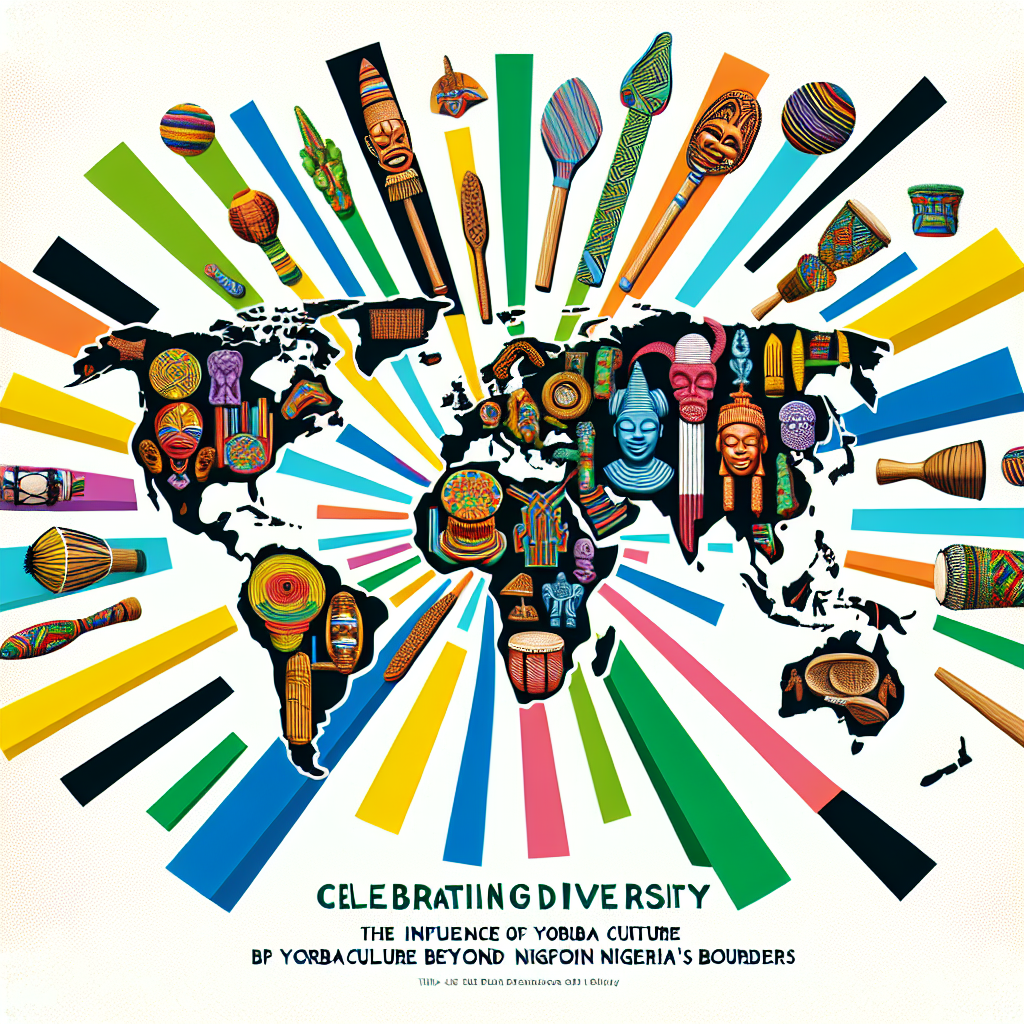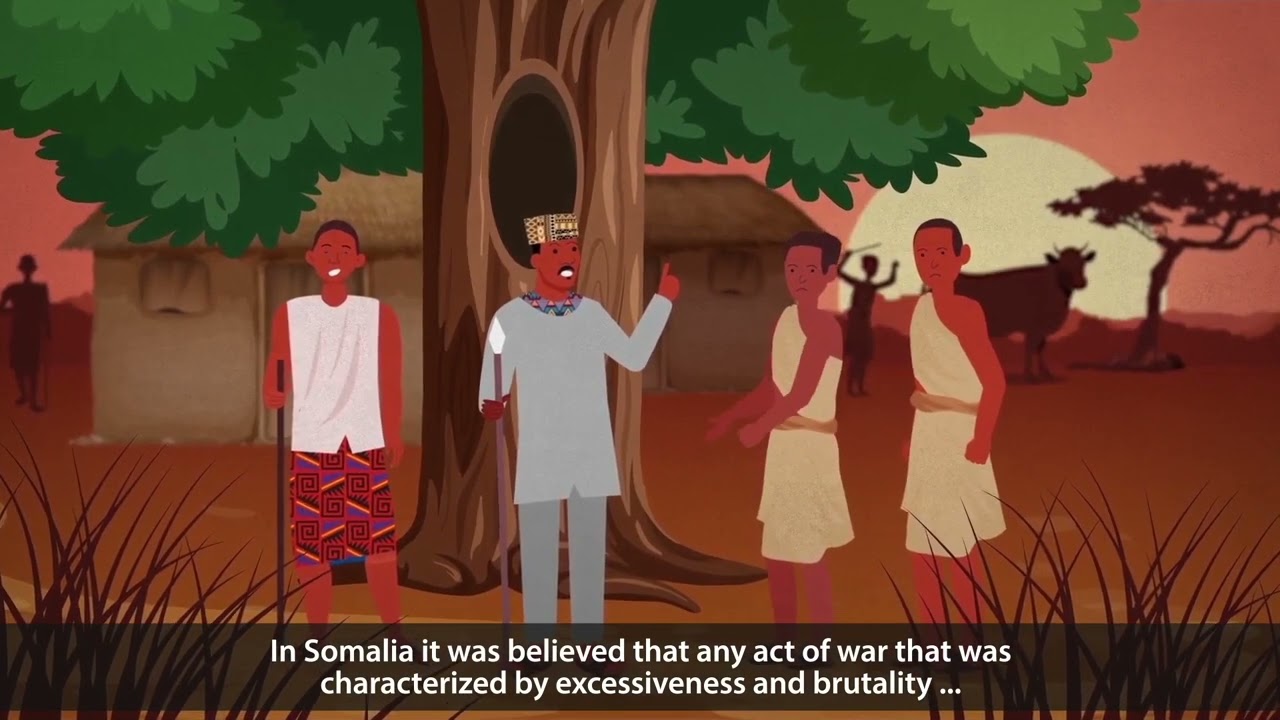Nigeria is a country rich in cultural diversity, with over 250 ethnic groups and more than 500 indigenous languages. One of the largest and most influential ethnic groups in Nigeria is the Yoruba people, who are known for their vibrant culture, rich history, and strong sense of identity.
The Yoruba people are primarily located in southwestern Nigeria, with significant populations also found in neighboring countries such as Benin, Togo, and Ghana. Despite being spread across multiple countries, the Yoruba culture has had a significant impact beyond Nigeria’s borders, influencing art, music, religion, and other aspects of life in other parts of the world.
One of the most widely recognized aspects of Yoruba culture is its religion, known as Ifa or Orisha worship. This ancient belief system worships a pantheon of gods and goddesses, each representing different aspects of life and the natural world. Ifa has gained global recognition and acceptance, with practitioners found in countries such as Brazil, Cuba, and the United States.
The Yoruba language is also a significant cultural export, with many words and phrases finding their way into the vernacular of other countries. The Yoruba language has been a source of inspiration for many artists and writers, with its unique sounds and rhythms adding depth and richness to their work.
Yoruba art is another aspect of the culture that has had a significant impact beyond Nigeria. Traditional Yoruba art forms such as beadwork, carving, and textiles are highly regarded for their beauty and craftsmanship. Yoruba art has influenced contemporary artists around the world, with many drawing inspiration from the intricate patterns and vibrant colors of traditional Yoruba designs.
Yoruba music is also widely popular and has been embraced by audiences around the world. Traditional Yoruba music is characterized by its complex rhythms, powerful drumming, and expressive vocals. Yoruba music has had a significant influence on genres such as jazz, blues, and reggae, with many artists incorporating Yoruba elements into their music.
Overall, the influence of Yoruba culture beyond Nigeria’s borders is evidence of the richness and vibrancy of Nigerian cultural heritage. Celebrating diversity and embracing cultural exchange is essential for fostering understanding and appreciation of different traditions and customs. The Yoruba people, with their unique culture and history, are a shining example of how diversity can enrich our lives and bring us closer together as a global community.












